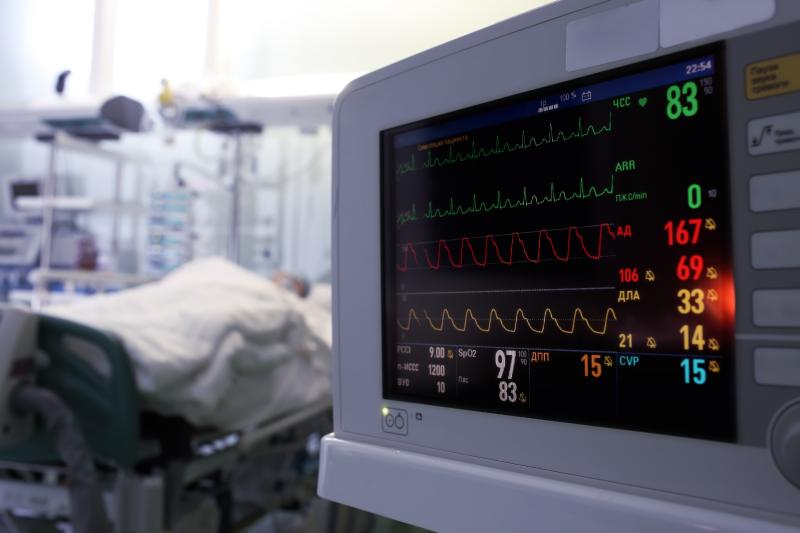
Among hospitalized heart failure (HF) patients, inadequate food intake (FI) raises a red flag on all-cause mortality or readmission within 1 year, a study has found.
Researchers reviewed the medical records of 255 hospitalized HF patients (mean age, 74 years; 43 percent female). Median FI percentage (FIP) was 98.3 percent, with only 102 patients consuming 100 percent of their meals (adequate FIP group).
Patients in the inadequate vs adequate FIP group were older, predominantly female; had lower body mass index, haemoglobin levels, estimated glomerular filtration rate (eGFR); and had higher clinical frailty scale (CFS) scores. Additionally, the inadequate FIP group had higher brain natriuretic peptide (BNP) levels at discharge (306 vs 185 pg/mL; p<0.001) and lower BNP change rates during hospitalization (49.3 percent vs 68.1 percent; p=0.001).
The primary outcome of the composite of mortality and HF readmission occurred in 59 patients (28.5 percent), with the number higher in the inadequate than in the adequate FIP group (40 vs 19). Cox proportional hazards analysis confirmed the association between inadequate FI and adverse outcomes (hazard ratio [HR], 2.00, 95 percent confidence interval [CI], 1.09–3.67; p=0.026).
Further analysis revealed that HF with preserved EF (≥40 percent) was significantly associated with inadequate FI and the primary outcome (HR, 4.95, 95 percent CI, 1.71–14.36; p=0.003), whereas HF with reduced EF (EF <40 percent) was not associated with FI (HR, 0.77, 95 percent CI, 0.31–1.95; p=0.590); the test for interaction with EF was significant (p=0.030).
The present data suggest that monitoring FI may be useful for predicting and stratifying risk for hospitalized HF patients because it is routinely recorded, simple to perform, and economical, the researchers said.